Description
Introducing the book of Mirza Taghi Khan Amir Kabir by Abbas Iqbal Ashtiani
In this book, the author deals with the life of Amir Kabir from his childhood until his death. Examines his basic actions in the field of development of the country and at the end describes in detail the events that led to his assassination. The assassination of Mirza Taghi Khan Amirkabir Sadr Azam Layegh and Kardan of Nasser al-Din Shah’s reign has been one of the bitter and impressive historical events of the last two centuries in Iran.
The history of Amir Kabir’s life, presidency and assassination is very noteworthy in that it sheds light on the corruption of the Qajar government and its damage to the Iranian people, and has therefore attracted the attention of many professors. Mirza Taghi Khan Amirkabir’s book is one of the best examples of historical stories published by Abbas Iqbal Ashtiani. This book is a story about the life of the Karbala’i son of the cook. Due to his unique intelligence and talent, he was able to gain the trust of Nasser al-Din Shah in a short period of time and gained a lot of popularity against Amir Kabir. For this reason, he was able to achieve many cultural and social changes during his time at the court.
Abbas Iqbal Ashtiani is a contemporary Iranian historian, writer and author. Abbas Iqbal Ashtiani, the son of Mohammad Ali Ashtiani, was born in Ashtian. During his years of writing, he wrote numerous articles in the literary, historical and social fields. These articles were published in magazines such as Bahar, Daneshkadeh, Mehr, Iranshahr, Armaghan, Yaghma, Forough and Tarbiat. He himself founded Yadegar magazine and published it for five years from 1323 to 1328, which is quite different from the few literary and historical publications of that time.
Mirza Taghi Khan Amir Kabir is from Farahan and was raised by the Farahani deputy family. Farahan, like Tafresh and Ashtian, was collectively the center of the Diwani and “Ahl-e Qalam” cultural unit; Mostofi Parvar area. How many secretaries, mystics and ministers have risen from that land, among which a number of well-known people have made a significant impact on history. In this sense, Mirza Taghi Khan is the representative of the political culture of Saman.
His name is mentioned in authentic documents (including the introduction of the Arzn al-Rum treaty, and the deed of marriage of his wife Ezzat al-Dawlah) to “Mirza Mohammad Taqi Khan”. His stamp and signature do not leave any doubt in his real name; Undoubtedly, the name “Mohammad” has been gradually removed and he has become known as “Mirza Taghi Khan”.
“Amir Kabir” by Abbas Iqbal Ashtiani (1375-1295) is one of the valuable sources for knowing the great emir of Iran.
There is no doubt about Amir’s patriotism and his desire to have an independent and prosperous Iran. Even before he became chancellor, he acted prudently in other positions and never followed Machiavellian ideas in politics and government services and in relations with the court to maintain his position with the king.
He was a man who aspired to modernize Iran and is among those who brought modernity to Iran. His Dar al-Fonun was the first modern school in Iran. He supported the press and newspapers and wanted to combine healthy and useful Western knowledge with indigenous Iranian expertise and untie the knot. From a political point of view, Amir Kabir’s services are noteworthy in the turbulent socio-political situation of that time. He has been considered as a equal to Khajeh Nizam al-Mulk and Khajeh Rashid al-Din Fazlullah in tact and wisdom.
A poor villager from Hazaveh Farahan, whose father, Karbalaei Ghorban, was both the cook of Mirza Abolghasem Ghaem Magham and the overseer of his house. Taqi grew up in Ghaem Magham and became a secretary. After that, he entered the service of Mirza Mohammad Khan Zanganeh and became the deputy and was named the Minister of Defense.
In the case of Gribaydov’s assassination, he went to St. Petersburg with Khosrow Mirza on the orders of Fath Ali Shah and was appointed to represent Iran in the Erzurum Commission during the reign of Mohammad Shah. Engaged in internal security and the spread of justice throughout the country, to the point where the malevolent and those whose interests were at stake pressured the Shah, so much so that in 1268 they plotted to assassinate him and put him in a bath. Kashan Fin, they had a stroke.
The present work, which is a description of the life and works of Amir Kabir by Professor Abbas Iqbal Ashtiani, explores these historical issues in the best way and relying on documents and sayings, and therefore the result of his research and follow-up to one of the best sources in recognizing the dark corners of this section. It has changed from the history of Iran.

Excerpts from the book of Mirza Taghi Khan Amir Kabir
When the eyes of Mohammad Shah Qajar were closed on this world and one of the most incompetent Qajar kings passed away, Nasser al-Din Mirza, his 16-year-old son, who was acting governor, was living in Tabriz. After the death of Mohammad Shah, most of the Qajar rulers and courtiers, who were not happy with “Mirza Aghasi” and waited for him to fall down like a wolf to rise up to tear him to pieces, disobeyed his orders and put a stick in the wheel of affairs to remove Haji. Mirza Aghasi, who was well aware that he could not deal with so many enemies and conspirators, went to the threshold of Hazrat Abdolazim and sat down and saved his precious life from the return of Naser al-Din Mirza to Tehran and went to Karbala.
The fact is that all the books and articles written about the late Amir are embossed on paper with a praiseworthy vision. He should not be doubted. “Even before he became chancellor, he acted prudently in other positions and never followed Machiavellian ideas in government policy and services and in dealing with the court to maintain his position with the king.”
Other part:
He wanted to learn a lesson, but he was not Aghazadeh. The plate takes the food of the nobles by the hand. One day the deputy asked his sons a lesson and in response he heard nothing but silence. Mohammad Taqi was whispering in the corners of the answers.
– Taqi, where did you learn?
– While bringing the food of the nobles, I stood behind the door and learned a lesson.
He opened his bag to give a reward, but Taqi burst into tears.
– I do not want a reward, let the teacher teach me too.
Melon tree
It was this intelligence and talent that led the deputy to write to his nephew Isaac years later:
“My son Isaac!
Yesterday, a paper taqi arrived from Karbala, which surprised the audience. Everyone praised and congratulations. Al-Haq “Yakad Zaytha Yazi” is true to the power of its evidence. One of them nodded and praised him, who was actually mocking me. The melon tree of Allah Akbar, the servant should write something like this, sir, he has a place. »
Truth be told, I am jealous of Karbala and I am afraid of his son … In short, this boy is very advanced and makes great laws. Be there until the morning of his government. والسلام. »
Pencil sharpner
His heart wanted a pen. Asked the deputy. The master was late in preparing the pen. Mohammad Taqi had a burning heart, took a pen and wrote a letter to Arbab as follows:
قلت لکلکی الخط لماونی
و لم یطع امری و لازجری
The owner of the lease and you are the one who pays
Claimant of the end of the practice
Faqal Lee Dani and La Tuzani
Even Matthew Ajri without Ajri
(Imaginary conversation with his pen and that he is not “free” to achieve his dreams and …)
The deputy writes to his son: Look at what Mohammad Taqi has punished. I, strangely enough, have not been taught to be a grocer, a scales have taught me!
As you know, historical stories are an example of the best books that can keep you busy reading. An example of the best books we can introduce to you for reading is the book of Mirza Taghi Khan Amirkabir. This book describes the life of Amir Kabir.
About the author of the book Mirza Taghi Khan Amir Kabir:
Abbas Iqbal Ashtiani is one of the most popular and prominent historians and writers. He was born in Iran in 1275 and after that, due to his great talent and ability in the field of writing and reading, he left the best works of his own. He was able to achieve many successes. He spent his childhood in an ordinary family and attended the Dar al-Fonun school. He emigrated to Paris in 1304 and then returned to Iran in 1313. He published many works by himself. Among these works we can mention the following:
History of Iran after Islam
The Happiness Family
History of jewelry in Iran
Qaboos is very impressive
1- Introducing the book on YouTube
2- Introducing the book in Aparat

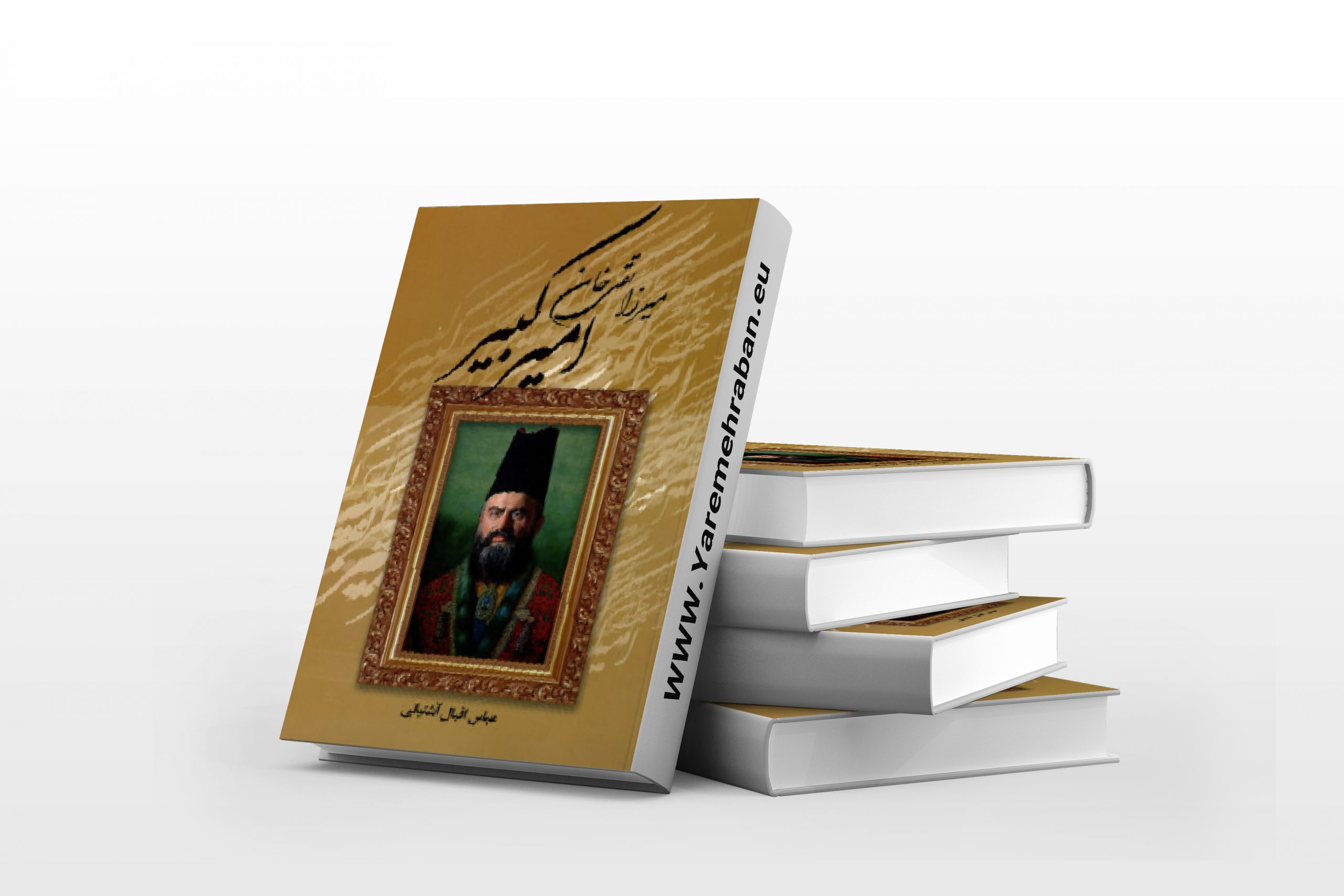
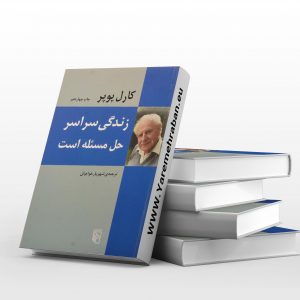
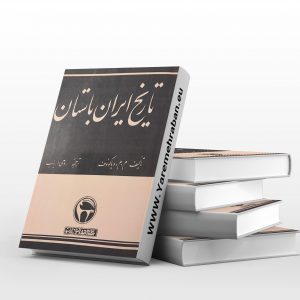

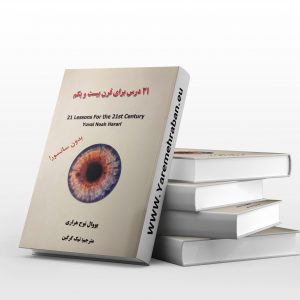
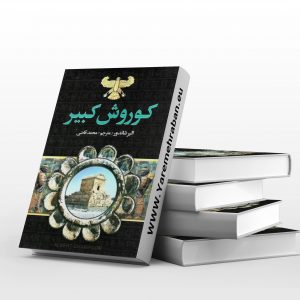
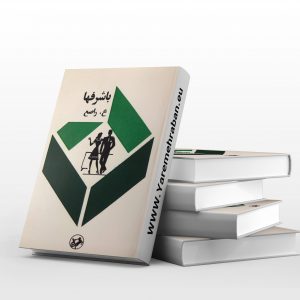
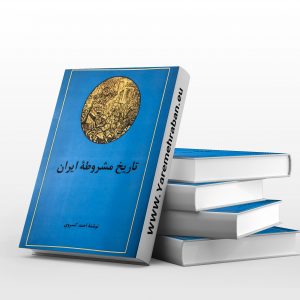


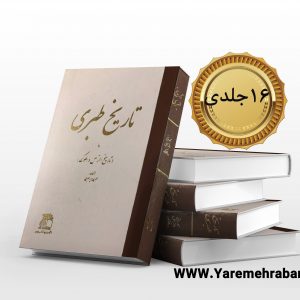
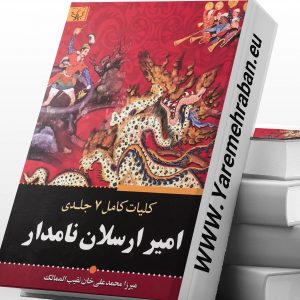

Reviews
There are no reviews yet.